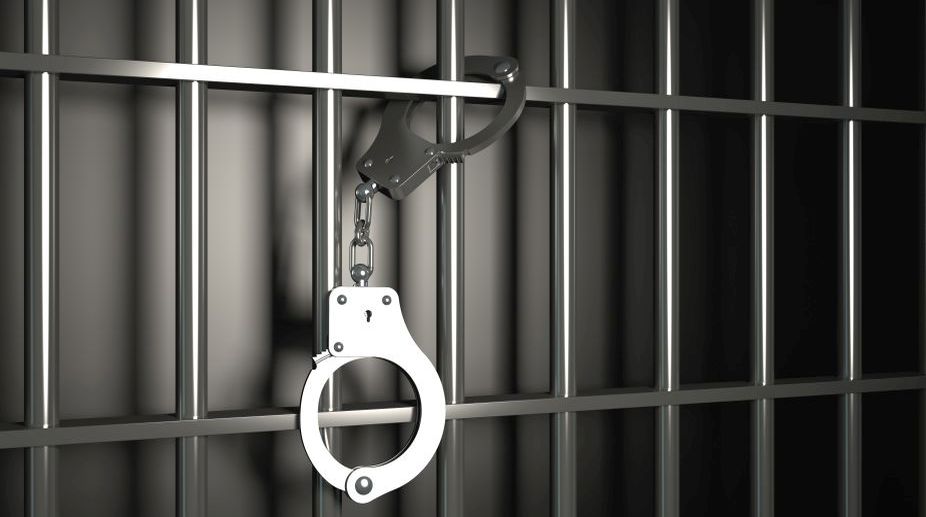Myanmar Fractures
Myanmar’s military junta, once feared as a monolithic force, is increasingly showing signs of internal decay.

(PHOTO: Getty Images)
Myanmar granted amnesty to more than 250 prisoners ahead of peace talks being held on Wednesday with ethnic rebel groups, including two activists sentenced to hard labour for their work promoting interfaith peace.
The president's office announced late Tuesday it would release 186 Myanmar nationals and 73 foreigners as a gesture of goodwill.
Advertisement
Among them were activists Zaw Zaw Latt and Pwint Phyu Latt, who were detained in 2015 after they travelled to the headquarters of the Kachin Independence Army to deliver a Christian cross and a statue of Buddha as symbols of peace.
Advertisement
Last year they were jailed for two years with hard labour in a case that human rights activists slammed as politically motivated and pandering to a hate campaign by Buddhist nationalists.
They were among some 40 political prisoners, land activists, student activists and farmers greeted by jubilant well-wishers as they walked out of prison in Mandalay today.
"I am very happy (but) they should not have been in prison in the first place," said Harry Myo Lin, director of human rights advocacy group The Seagull, who went down to meet them.
Myanmar has released more than a thousand prisoners since the former junta ceded power to a quasi-civilian government in 2011.
Hundreds were pardoned shortly after Nobel Peace Prize winner Aung San Suu Kyi's civilian government took over in 2016 after winning the first free elections in generations.
The veteran democracy activist spent more than 15 years under house arrest ordered by the then-military junta, and her party is stacked with former political prisoners jailed for their activism.
But the initial wave of releases has ebbed and a surge in prosecutions under a controversial online defamation law has raised concerns about lingering curbs on free expression.
Around 100 people are still being held as political prisoners, while more than 200 are awaiting trial for political crimes, according to the Assistance Association for Political Prisoners watchdog.
Harry Myo Lin said the civilian government's hands were tied by the military, which still controls key levers of power under a junta-era constitution.
"One of the difficulties almost all the time here is the government doesn't have control of the home ministry," he told AFP.
"Also, the judiciary is not as independent as it should be."
Advertisement